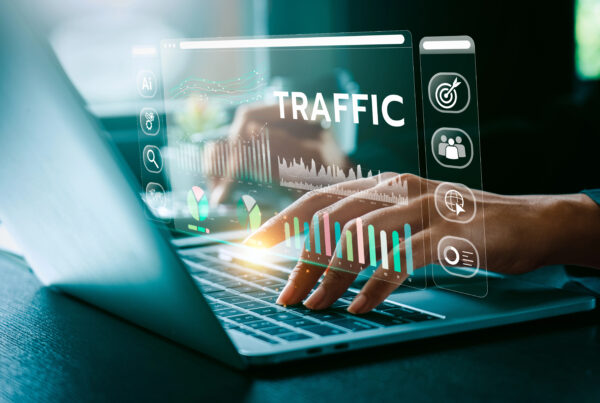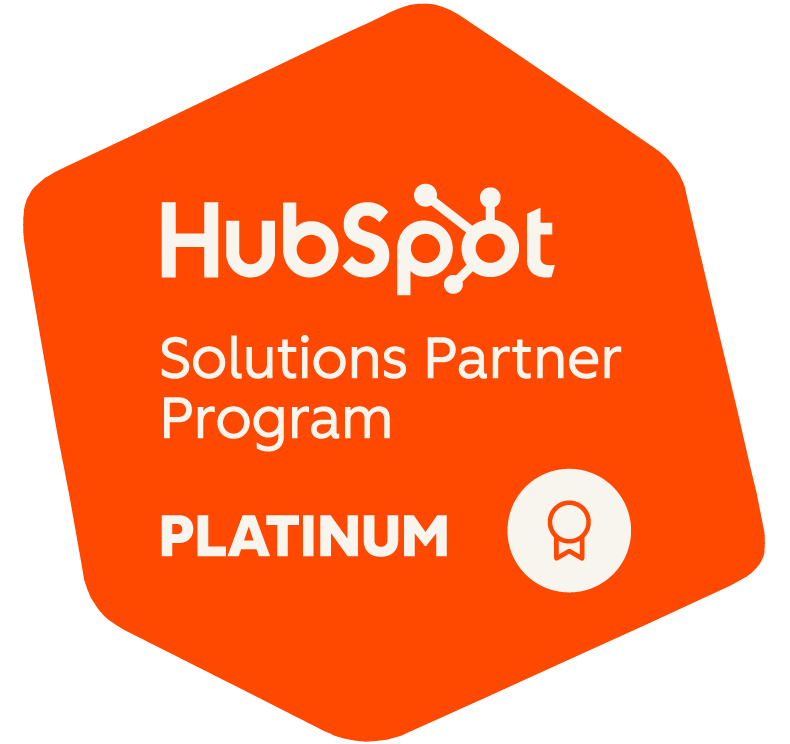Artificial intelligence has reshaped marketing, and few tools have created as much buzz as ChatGPT.
From generating campaign ideas to drafting ad copy, marketers are experimenting with how AI can streamline their workflows and improve performance.
BUT how effective is a ChatGPT-powered marketing plan, and what should businesses keep in mind when leveraging it?
In this article, we’ll explore the effectiveness of ChatGPT in marketing planning, including its strengths, limitations, and best practices for real-world use.
What Does “ChatGPT Marketing Plan Effectiveness” Mean?
When businesses talk about ChatGPT marketing plan effectiveness, they’re asking:
- Can ChatGPT help create a structured, actionable marketing plan?
- Does using ChatGPT improve speed, creativity, and scalability?
- Are the insights generated by AI accurate and aligned with business goals?
Effectiveness comes down to whether the tool drives measurable business outcomes—such as more qualified leads, higher engagement, or better ROI.
Why ChatGPT Is Effective in Marketing Plans
1. Speed and Efficiency
ChatGPT can produce campaign outlines, content calendars, and audience personas in minutes. This reduces the time marketing teams spend on brainstorming and drafting, allowing them to move faster.
2. Idea Generation and Creativity
The tool excels at generating fresh campaign angles, headlines, or ad variations. This helps break through creative blocks and ensures your messaging doesn’t get stale.
3. Scalability
With ChatGPT, teams can quickly replicate frameworks for multiple channels—email, paid search, social media—while tailoring tone and messaging for each.
4. 24/7 Availability
Unlike traditional teams, AI doesn’t sleep. You can refine a marketing strategy at any time without waiting for meetings or creative sessions.
5. ICP and Persona Development
One of ChatGPT’s lesser-known strengths is its ability to help identify an Ideal Customer Profile (ICP) and build out the personas within that ICP. It can conduct persona research, highlight pain points, goals, and buying triggers, and even draft creative messaging targeted to each persona. For brands that need to move quickly, ChatGPT can serve as a fast-track way to get a working model of customer insights and tailored messaging without months of manual research.
Where ChatGPT Falls Short
Despite its advantages, ChatGPT has limitations that affect marketing plan effectiveness:
- Generic Output: Without strong prompts and context, ChatGPT can generate vague or cookie cutter strategies.
- Lack of Real-Time Data: ChatGPT does not inherently analyze live performance data (though it can be connected to analytics tools like the Harry AI, Logical’s AI Agent for analyzing live data!).
- Human Insight Still Required: Consumer psychology, brand nuance, and competitive positioning require human expertise to refine.
- Surface-Level Persona Research: While ChatGPT can simulate ICP and persona analysis, its insights are drawn from web knowledge and generalized data. This makes it helpful for initial drafts but not as robust as direct research through customer interviews, surveys, and deep dives into prospective buyer behavior. At the end of the day, AI-generated personas and messaging must be cross-referenced with real-world feedback.
Best Practices to Improve ChatGPT Marketing Plan Effectiveness
- Provide Context-Rich Prompts
The more detail you give about your brand, audience, and goals, the more tailored the outputs will be. - Pair ChatGPT With Analytics
Use performance data (Google Analytics, CRM insights, ad metrics) as inputs so the strategy is grounded in reality. - Human Oversight Is Key
Treat ChatGPT as a co-pilot, not an autopilot. Review, refine, and align outputs with your brand voice and goals. - Experiment and Test
A/B test AI-generated ad copy, landing pages, and email subject lines to measure what actually works. - Iterate Over Time
ChatGPT can generate an initial roadmap, but its true effectiveness is realized when you continually refine the plan based on results.
Measuring ChatGPT Marketing Plan Effectiveness
To evaluate success, track KPIs before and after implementing AI-assisted strategies. Useful metrics include:
- Lead Quality: Are leads from AI-informed campaigns more qualified?
- Engagement Rates: Do AI-generated emails or ads perform better?
- Conversion Rates: Is there an uplift in sign ups, purchases, or form fills?
- Efficiency Gains: How much time and cost savings does AI create compared to manual planning?
Final Thoughts
The effectiveness of a ChatGPT marketing plan ultimately depends on how it’s used. ChatGPT is powerful at identifying ICPs, building personas, and even generating messaging tailored to different buyer types BUT it should be seen as a starting point, not a replacement for deeper research.
In the absence of time, resources, or a full marketing team, ChatGPT delivers something incredibly valuable: speed, structure, and direction. Even if its outputs require refinement, they give businesses a strong foundation to build on.
It’s not about replacing marketers, but about empowering them to do more, faster, and smarter. As AI tools evolve, their role in marketing will only grow. Brands that learn how to balance AI speed with human strategy will find themselves ahead of the curve.








